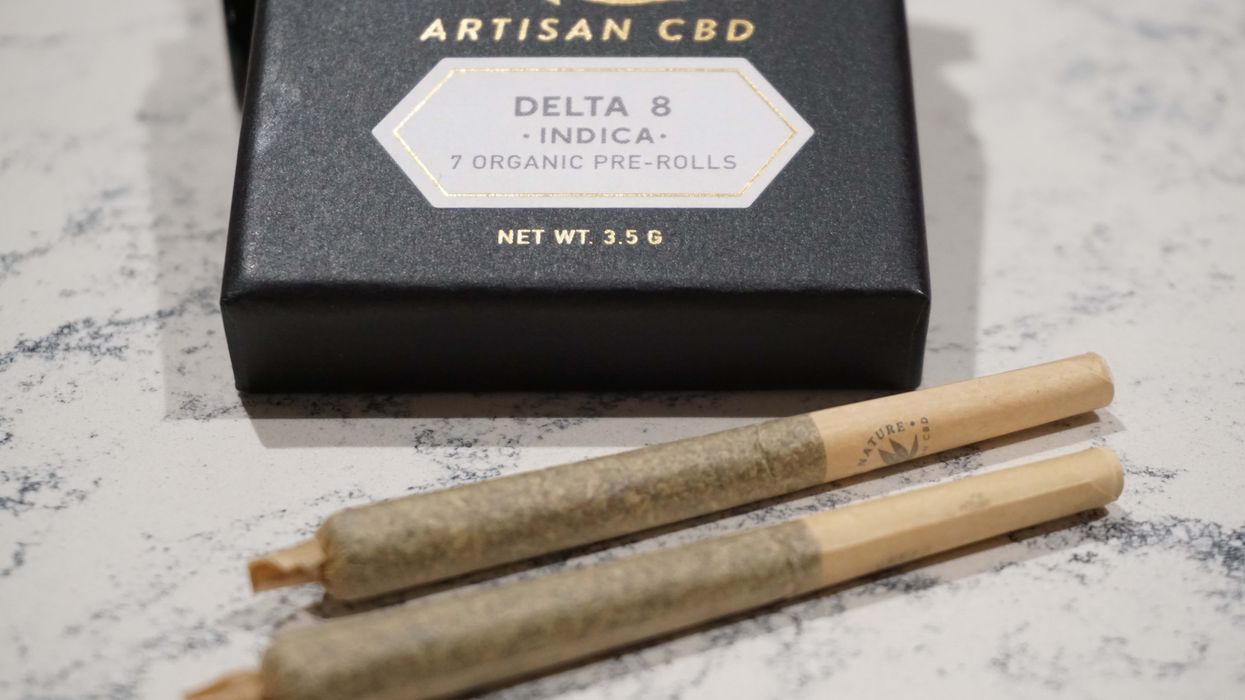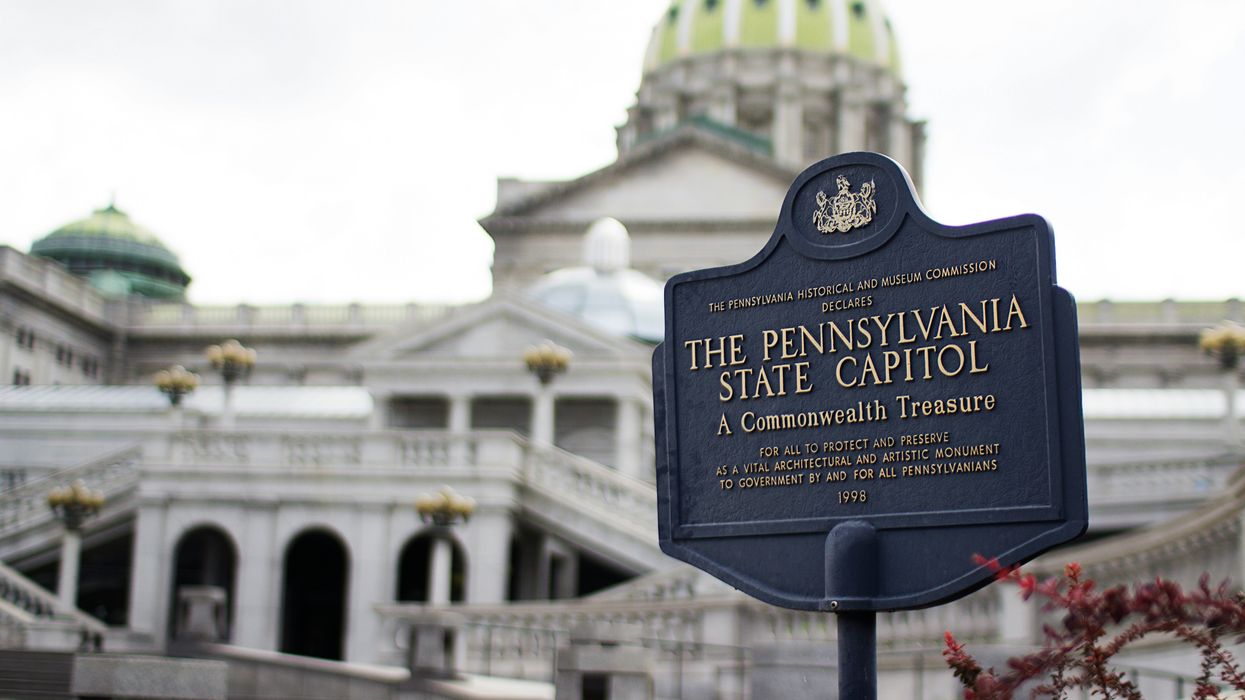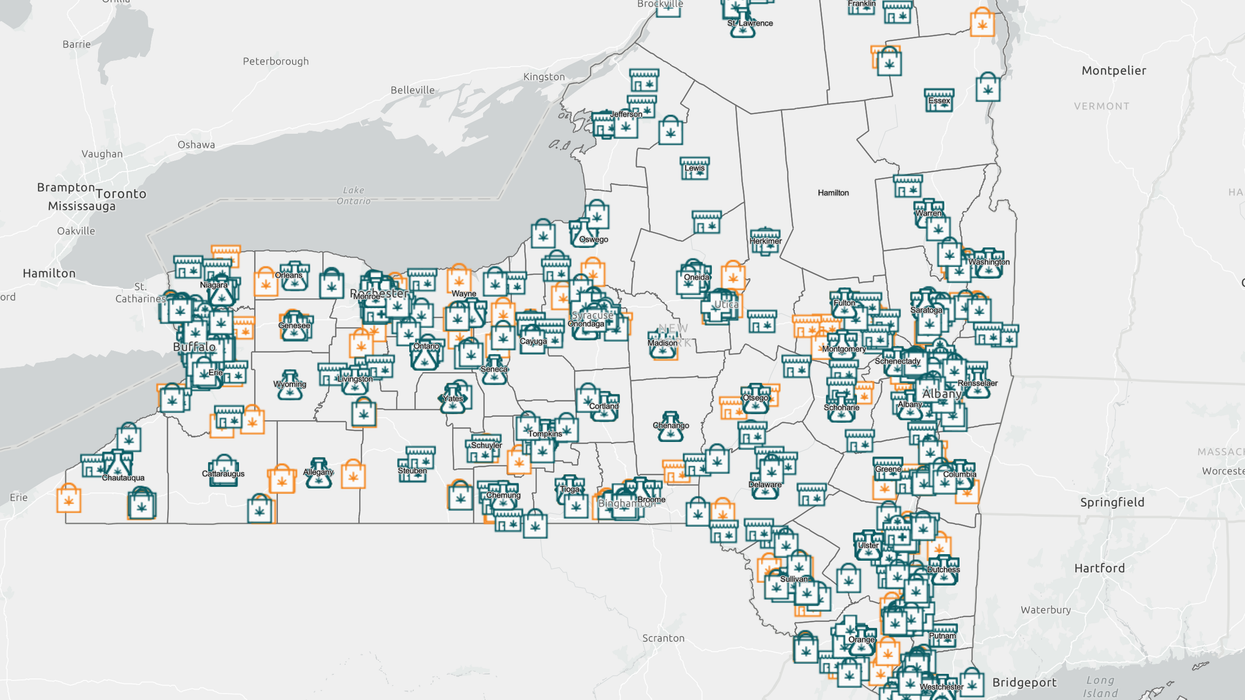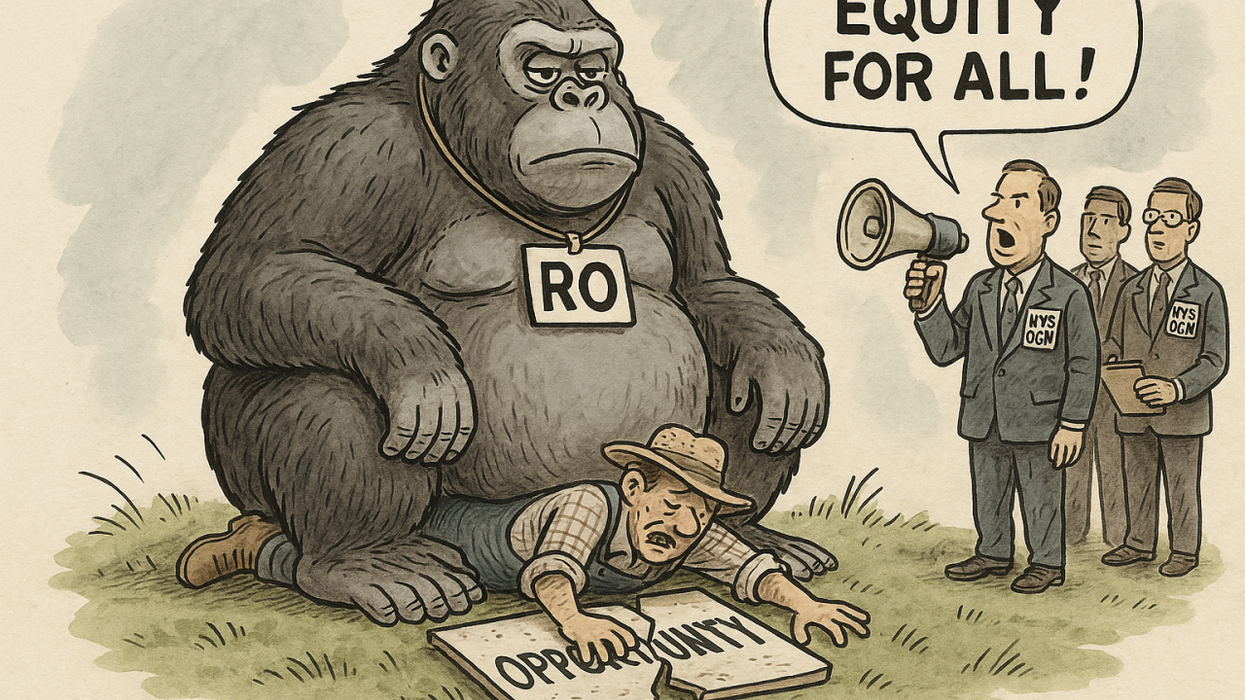In the wake of the rapid expansion of the hemp industry and the increasing popularity of CBD products, a new cannabinoid has emerged on the market—delta-8 THC. While its popularity has been on the rise, so has the confusion and debate over its legality.
A recent revelation from a Drug Enforcement Administration (DEA) official has shed light on the agency's stance on Delta-8 THC, sparking discussions about its classification and implications for the industry.
DEA's Clear Position on Delta-8 THC
In a recent post on his Substack platform, attorney Shane Pennington uncovered a 2021 letter from DEA Drug & Chemical Evaluation Section Chief Terrence Boos. The letter left no room for ambiguity: when delta-8 THC is synthesized from legal CBD, it is considered a prohibited controlled substance. Boos explained that the chemical transformation of CBD into delta-8 THC renders the latter synthetic and, therefore, ineligible for exemption under the Agriculture Improvement Act of 2018, which federally legalized hemp. Boos' message was succinct and straightforward: "Any quantity of delta-8-THC obtained by chemical means is a controlled substance."
This interpretation has significant implications for the delta-8 THC industry, which has witnessed rapid growth in recent years following the legalization of hemp-derived products. The cannabinoid has also become a subject of legal disputes, with various states banning its sale and distribution.
The Legal Battle and Industry Impact
Delta-8 THC's legality has been a matter of contention, with numerous lawsuits challenging the policies of states that have banned its sale. Attorney Shane Pennington's findings underscore the DEA's stance, but questions remain about the interpretation of the relevant statutes. Pennington expressed skepticism about Boos' interpretation, highlighting potential conflicts between the terms "derivative" and "extract" in the Farm Bill and the DEA's perspective.
Pennington's argument is echoed by other legal experts, including attorney Matthew Zorn. They argue that the Farm Bill's language excludes hemp and its derivatives from the Controlled Substances Act (CSA), suggesting that Congress intended to permit semi-synthetic hemp derivatives like delta-8 THC. This position challenges the DEA's rigid classification of delta-8 THC as a controlled substance.
DEA's Response and Future Developments
At the DEA's 2023 Supply Chain Conference in May, Terrence Boos reiterated the agency's stance, emphasizing that synthetic cannabinoids are prohibited. He announced that the DEA is working on a final rule to formally solidify this policy, a move recommended by the U.S. Department of Health and Human Services (HHS). Boos' stance is also consistent with his earlier communication that minor cannabinoids like delta-8 THC-0 and delta-9 THC-O are considered prohibited due to their synthetic production.
Legal Nuances and Potential Cracks in Logic
While the DEA remains resolute in its position, legal experts contend that the agency's reasoning has gaps. They point out that DEA's historical use of broad statutory language to prohibit derivatives and extracts conflicts with the Farm Bill's specific exclusion of hemp and its derivatives from CSA regulations. The attorneys assert that this inconsistency constitutes arbitrary and capricious agency action.
Supporting their argument, a federal appeals court ruled last year that delta-8 THC is exempt from control, as the law remains "silent" on this minor cannabinoid while expressly legalizing hemp extracts and derivatives. However, Pennington and Zorn stress that it's crucial to acknowledge the DEA's authority, as Boos' views are likely to hold sway unless challenged in court or addressed by Congress.
Despite the DEA's firm stance on delta-8 THC, the market for products containing this cannabinoid continues to thrive. Several states have moved to ban these products, but the Food and Drug Administration (FDA) has primarily issued warning letters to specific companies that it deems problematic. This suggests that federal enforcement measures have not been uniformly strict.
In the broader context of the cannabis industry, DEA Administrator Anne Milgram has signaled a willingness to consider new evidence and recommendations. As part of an administrative review initiated by President Joe Biden, the DEA is awaiting a scientific assessment and scheduling recommendation on marijuana from the U.S. Department of Health and Human Services (HHS).
The controversy surrounding delta-8 THC underscores the complexities and challenges that arise as the cannabis industry expands and evolves. The DEA's firm stance on the synthetic cannabinoid's legality clashes with legal arguments that point to potential inconsistencies and gaps in the agency's reasoning. As debates continue, industry stakeholders, legal experts, and policymakers will play pivotal roles in shaping the future of delta-8 THC and its place in the broader landscape of cannabis derivatives. Until then, the market's growth remains dynamic, influenced by shifting legal interpretations and regulatory responses.







 The mix of in-state and out of state brands at a legal NY dispensary
The mix of in-state and out of state brands at a legal NY dispensary







 Cannabis and Aging: A Groundbreaking Study Challenges Long-Held Beliefs
Photo by
Cannabis and Aging: A Groundbreaking Study Challenges Long-Held Beliefs
Photo by  Cannabis and Aging: A Groundbreaking Study Challenges Long-Held Beliefs
Photo by
Cannabis and Aging: A Groundbreaking Study Challenges Long-Held Beliefs
Photo by 
